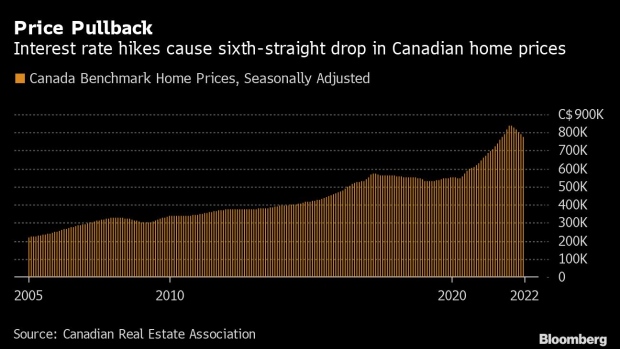HALIFAX – A village of tiny homes is set to open next month in a Halifax suburb, the latest project by the provincial government to address homelessness.
Located in Lower Sackville, N.S., the tiny home community will house up to 34 people when the first 26 units open Nov. 4.
Another 35 people are scheduled to move in when construction on another 29 units should be complete in December, under a partnership between the province, the Halifax Regional Municipality, United Way Halifax, The Shaw Group and Dexter Construction.
The province invested $9.4 million to build the village and will contribute $935,000 annually for operating costs.
Residents have been chosen from a list of people experiencing homelessness maintained by the Affordable Housing Association of Nova Scotia.
They will pay rent that is tied to their income for a unit that is fully furnished with a private bathroom, shower and a kitchen equipped with a cooktop, small fridge and microwave.
The Atlantic Community Shelters Society will also provide support to residents, ranging from counselling and mental health supports to employment and educational services.
This report by The Canadian Press was first published Oct. 24, 2024.
























